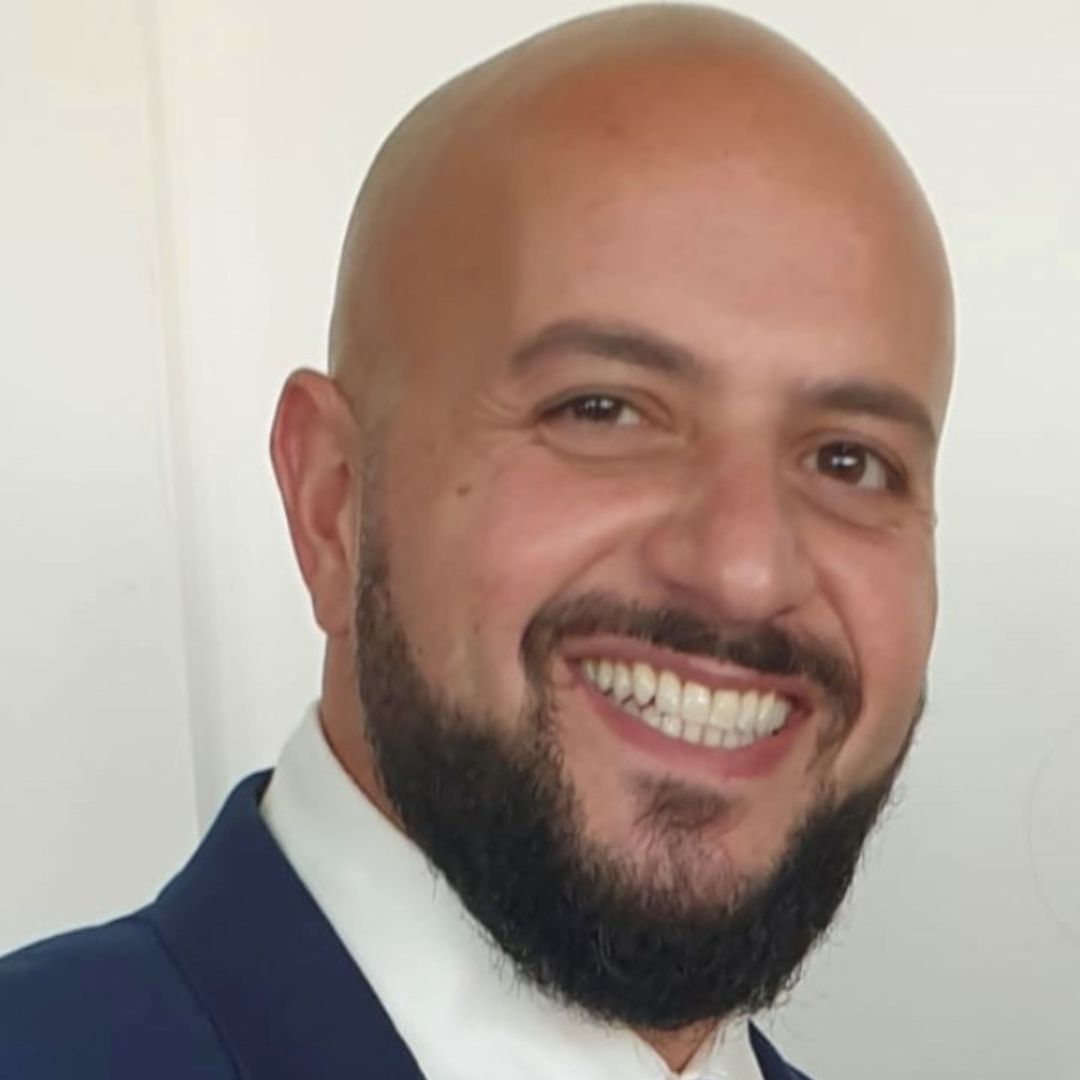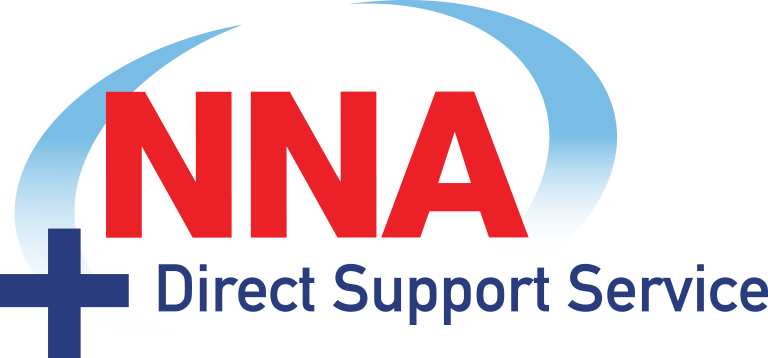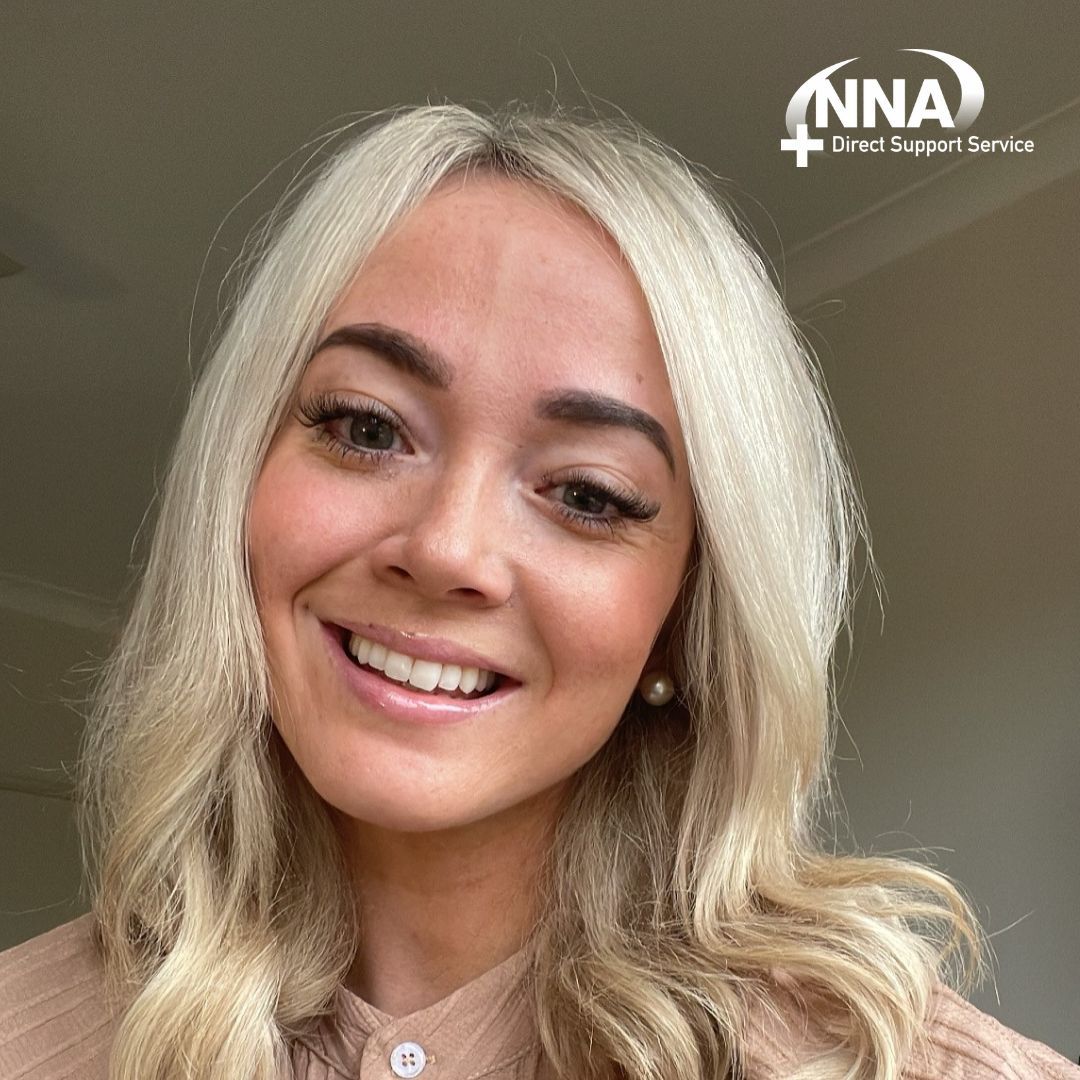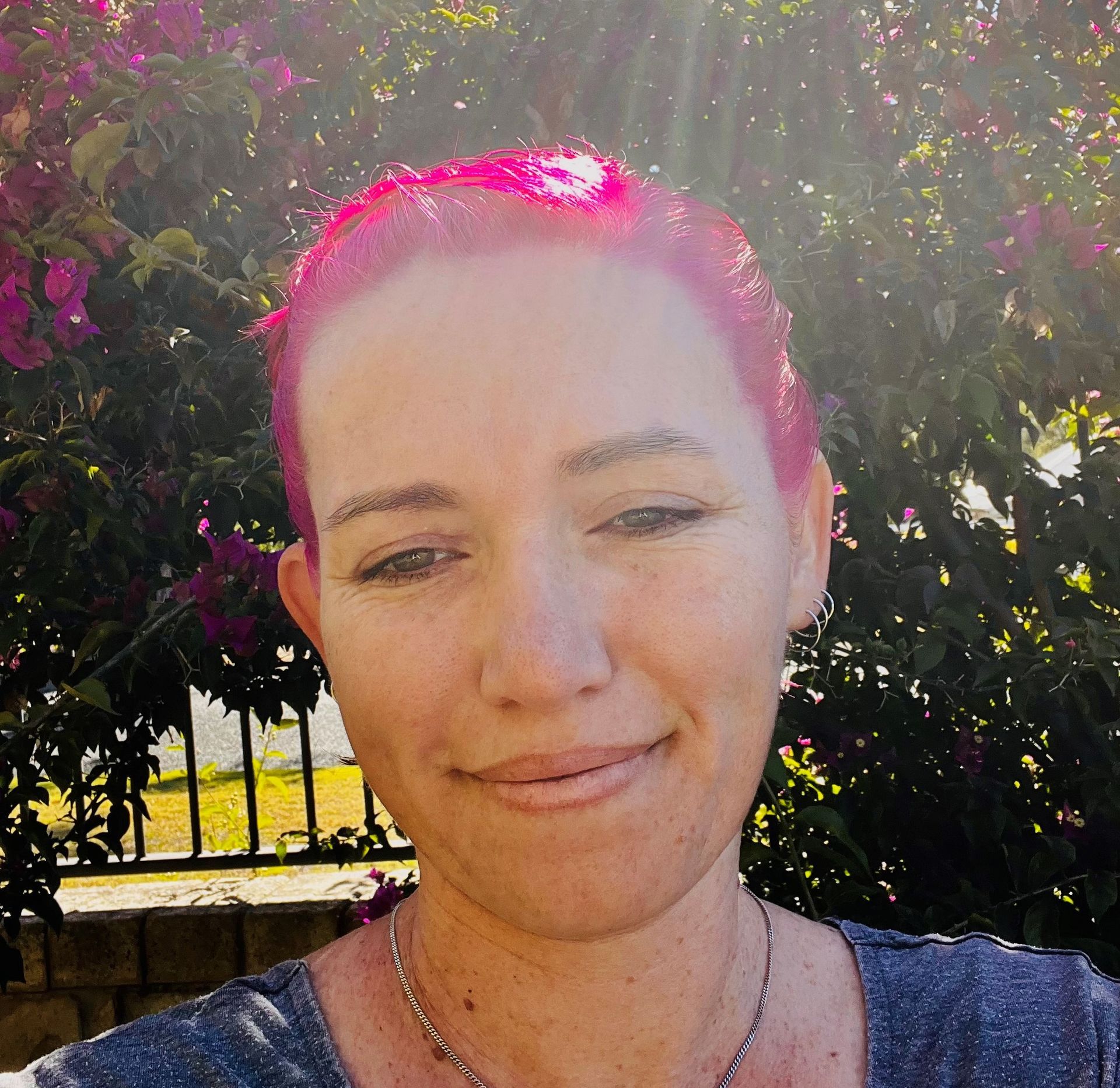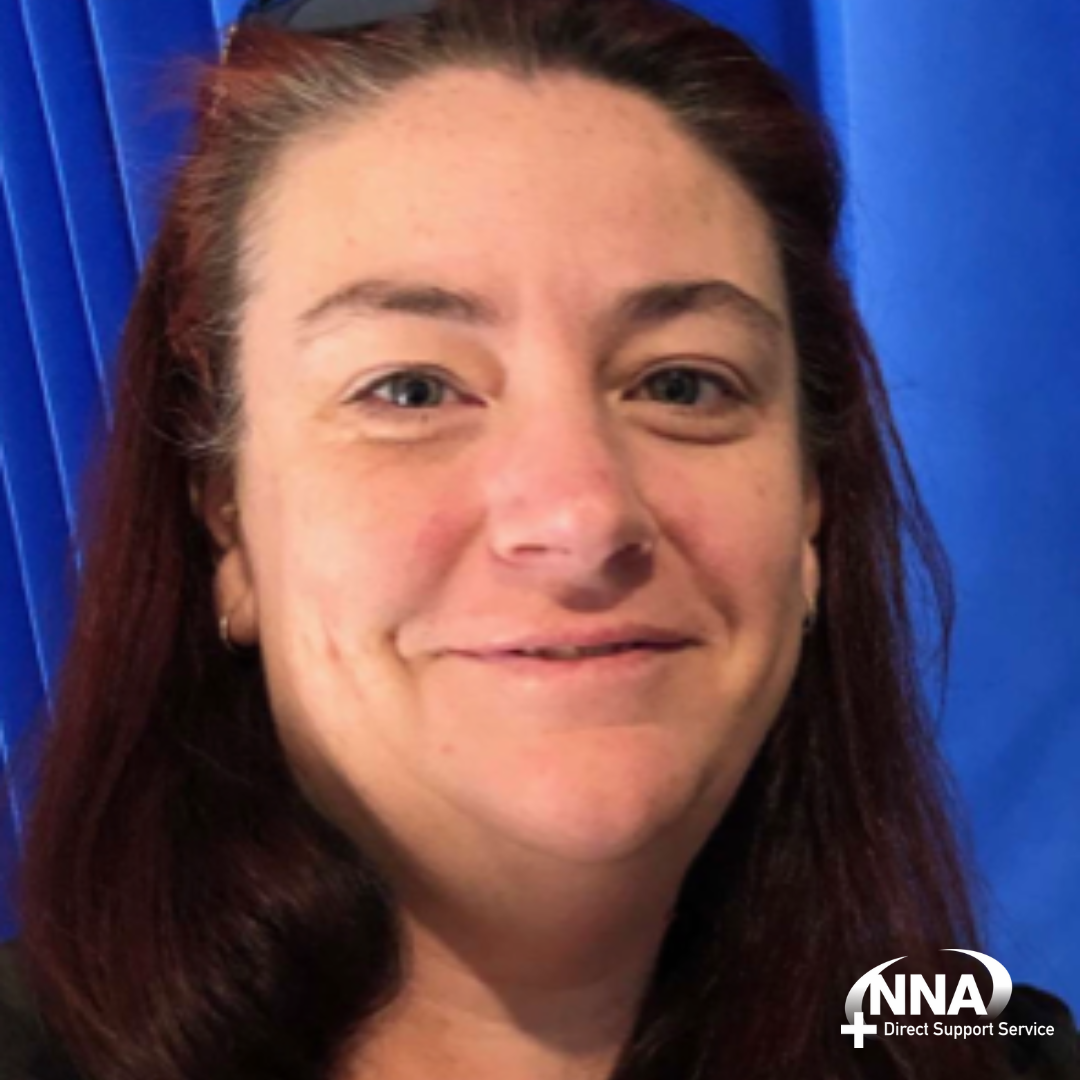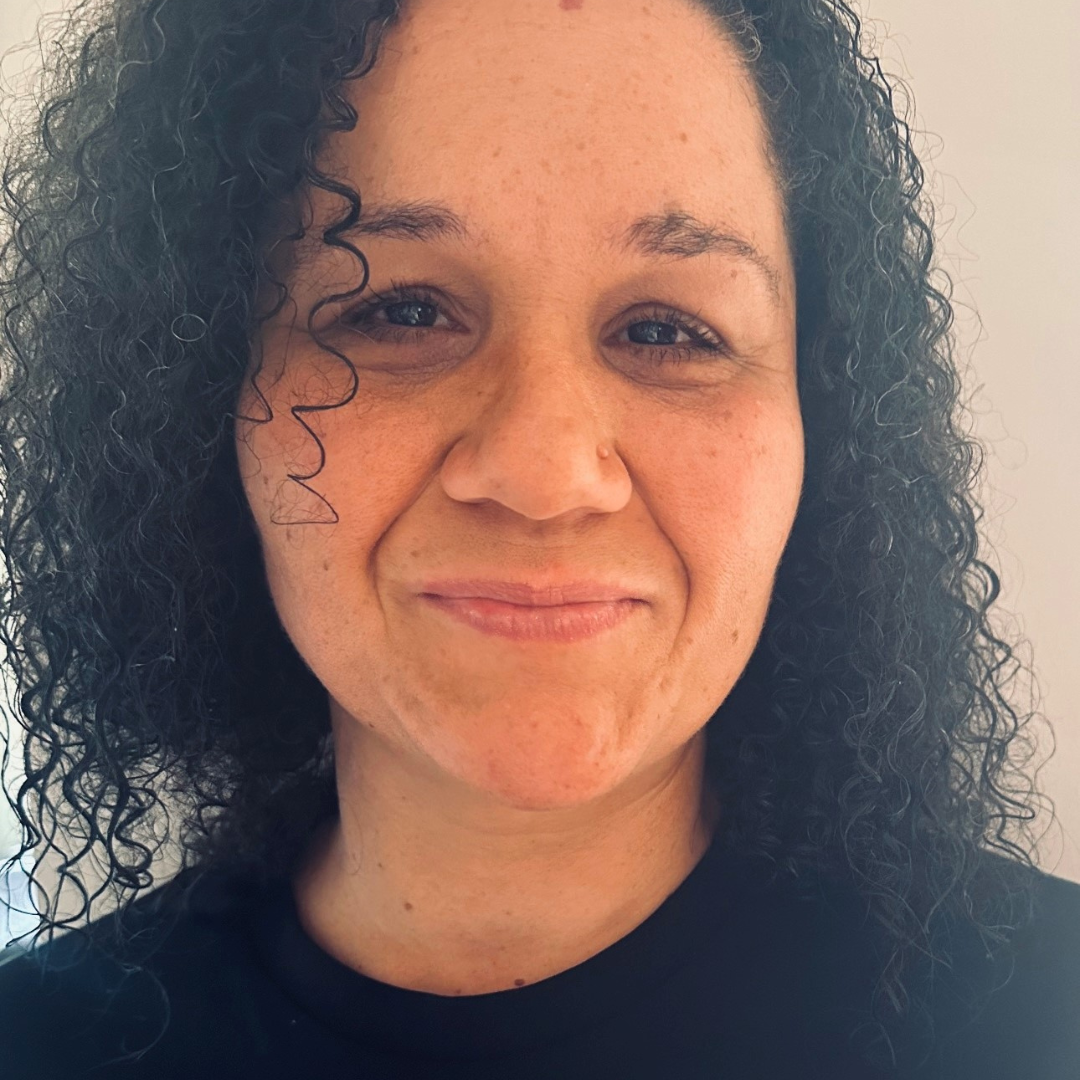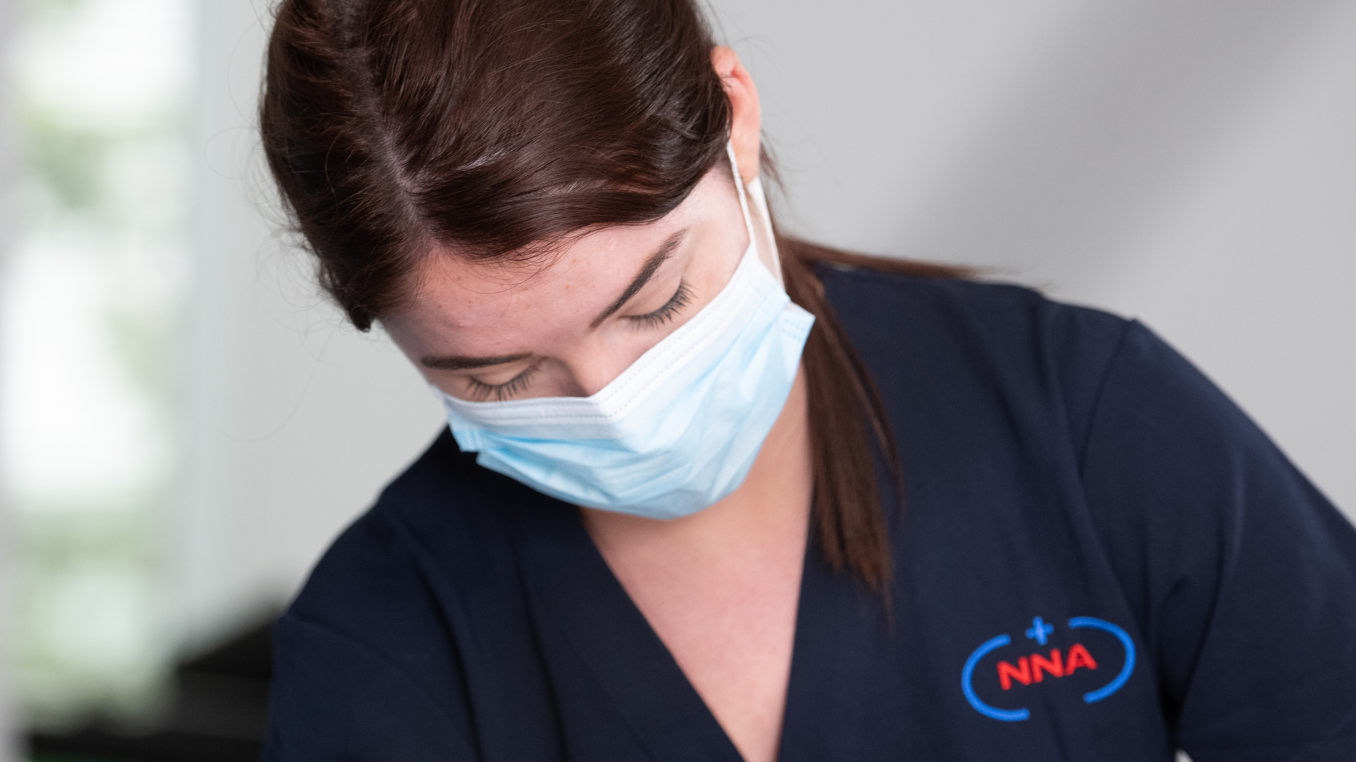Jeans for Genes Day – Are you donning denim today?
Are you donning your favourite jeans today to help raise awareness and much-needed funds for vital medical research?
Here’s everything you need to know about Jeans for Genes Day, including what today’s all about and how you can get involved - even if you aren’t wearing denim.
What is Jeans for Genes Day?
Jeans for Genes Day is an annual event held on the first Friday in August every year. People all over Australia donate money to wear their jeans to work, in support of the Children’s Medical Research Institute. All the money raised by Jeans for Genes Day helps to fund vital research into finding cures for genetic diseases in children.
The idea for Jeans for Genes Day came about in 1993, when the CMRI was looking for a way to raise additional funding. The idea of people donating to wear their jeans to work was simple and effective, and a number of celebrities quickly got on board. The first Jeans for Genes Day was held on August 9th, 1994, and it raised $250,000. Within two years, a million dollars had been raised, and the event has been held every year since then.
The event also relies heavily on volunteers, who sell merchandise, collect donations and give out information on Jeans for Genes Day.
Why is Jeans for Genes Day so important?
One in 20 kids in Australia has a birth defect or genetic disease. In fact, genetic disorders account for 30 per cent of hospital admissions for children here. Not all of them are born with these conditions – genetic disorders can happen later in life, too. It is estimated that 50 per cent of Australians will be affected by a genetic-related disorder at some point in their lives.
This is why research into gene therapy is so important, to help find treatments and cures for genetic-related conditions. Government funding into medical research is always uncertain, so donations from the public are vital to help progress this work.
What exactly are genes anyway? And how do they work?
Our genes dictate everything from our height to our eye colour, and we have about 23,000 of them.
Each of these genes is made up of chromosomes, or DNA molecules. DNA is formed from four proteins, which combine in different sequences to make us who we are. We rely on having the right combinations to make a healthy body. But sometimes one of our genes mutates, or we inherit a faulty gene from one of our parents, causing a problem.
In addition, we may have a genetic susceptibility that we don’t know about. When combined with environmental factors, it may produce a genetic disorder later in life.
There are thought to be over 1,700 different genetic-related disorders, which is why research is so important.
How to get involved with Jeans for Genes Day
If you want to support the CMRI and help to fund vital research into children’s genetic disorders, it’s easy to get involved. You can make a donation here and hopefully you’re already wearing your jeans with pride today, Friday 7th August.
If you want to become a Jeans for Genes Day volunteer, you can find out more about it here.
Looking for home based support?
NNA Direct Support Service is a NDIS registered provider of in-home disability support and nursing services. If you or someone you care for is affected by a genetic condition and could benefit from our support services, our friendly team will be happy to assist you in getting the right support.
Get in touch with us today on 1300 346 052 or email dss@nnadirectsupport.com.au – we’d be happy to help.
